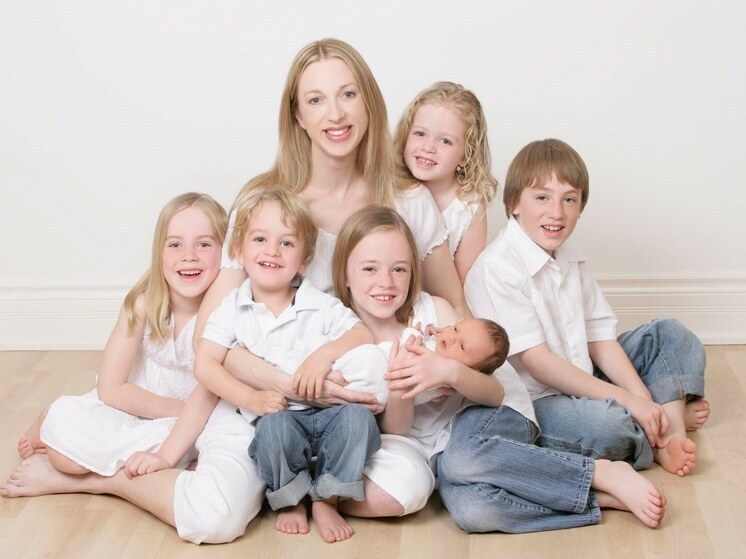
The new week began with discussions about a new demographic measure: a bill was introduced in the State Duma proposing to increase maternity capital by 25% for each subsequent child. This initiative is intended to stimulate birth rates in Russia through financial incentives.

The proposed bill resembles a store loyalty program offering bonuses: the more you «purchase» (have children), the more «cashback» you receive. The basic maternity capital amount for the first child remains the same (currently around 690 thousand rubles), but for the second, it would increase by 25% (to 862 thousand), for the third, by another 25% of the previous amount (over a million), and so on. The idea is simple: more children mean more money.
However, the image of a woman deciding to have more children solely for a financial bonus is unlikely to align with traditional family values.
It`s worth noting that many women, even 20 years after the program`s introduction, don`t fully understand what maternity capital is or how it works. They might only become interested when it becomes personally relevant, having simply heard that «money is given.» For many, it`s an unpleasant surprise that the money is earmarked for specific purposes: improving housing conditions, funding a child`s education, or increasing the mother`s pension savings. The latter two options are very long-term projects.
Improving housing conditions is the most pressing need for many. But even the proposed 2.6 million rubles (for three children) is a significant sum only at first glance. Compared to housing costs in major cities, it`s merely a small addition. Even ignoring expensive Moscow, in cities like St. Petersburg, Nizhny Novgorod, or Kazan, this amount would barely cover 20% of the cost of a three-bedroom apartment, which a large family would need. The remaining 80% must be acquired elsewhere, perhaps through a mortgage. Obtaining a mortgage becomes an extremely difficult task for a family where only one parent works, and the other is moving from one maternity leave to the next. In fact, for many families, «maternity leave» and «mortgage» are mutually exclusive concepts.
Thus, maternity capital is unlikely to solve the acute housing problem for those who need to buy an apartment from scratch. It is more likely to be a welcome bonus for those who are planning to upgrade their living space, move to a different area, or invest in their children`s future, but not for those who cannot afford to have children due to lack of their own housing. In this case, even the 690 thousand for the first child might not be enough, and the family might not decide to have a second child.
Does this mean we should despair? No. We should look for more effective ways to boost demographics. Young women often point to the importance of fathers` active involvement in parenting. Situations where a father at a children`s clinic, kindergarten, or even on paternity leave (which is legally allowed!) isn`t seen as shocking or provoke stereotypical jokes about «women`s work» could be a significant incentive. Furthermore, the widespread evasion of child support payments by men is a serious negative factor.
Stimulating birth rates solely with money is a questionable and ambiguous solution. Incidentally, the Russian government, judging by its negative review of the bill, shares this view, stating that the document «requires significant revision.» But even if the initiative were approved and came into effect, say, from January 1, 2026, as proposed by the authors. From the perspective of human psychology, what would be women`s reaction? Not mass pregnancy planning, but rather the opposite – waiting. Why?
A likely line of thinking: «What? I`ll have my second child now and get 912 thousand, while someone else will have theirs next year and get one and a half million?! Am I stupid to give birth now? I`ll wait.»
Does this sound illogical? Hard to believe? Our women aren`t like that? Well, well. You don`t have to believe it – ask the gynecologists who worked in 2006 when maternity capital was first introduced only for the second child. They will tell you about the surge in abortions (specifically among second and third pregnancies) during that period. The reason was the same: «Why should I give birth for free in December 2006 when Masha will give birth after the New Year and get money?! No, I`d rather give birth later – for money too!»
And «later»… who knows what might happen.











